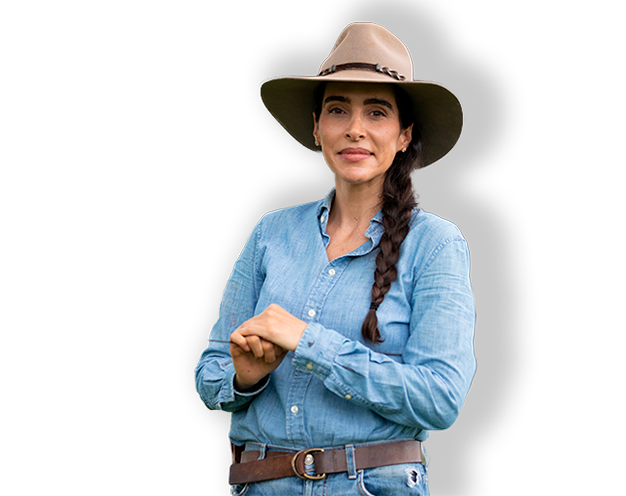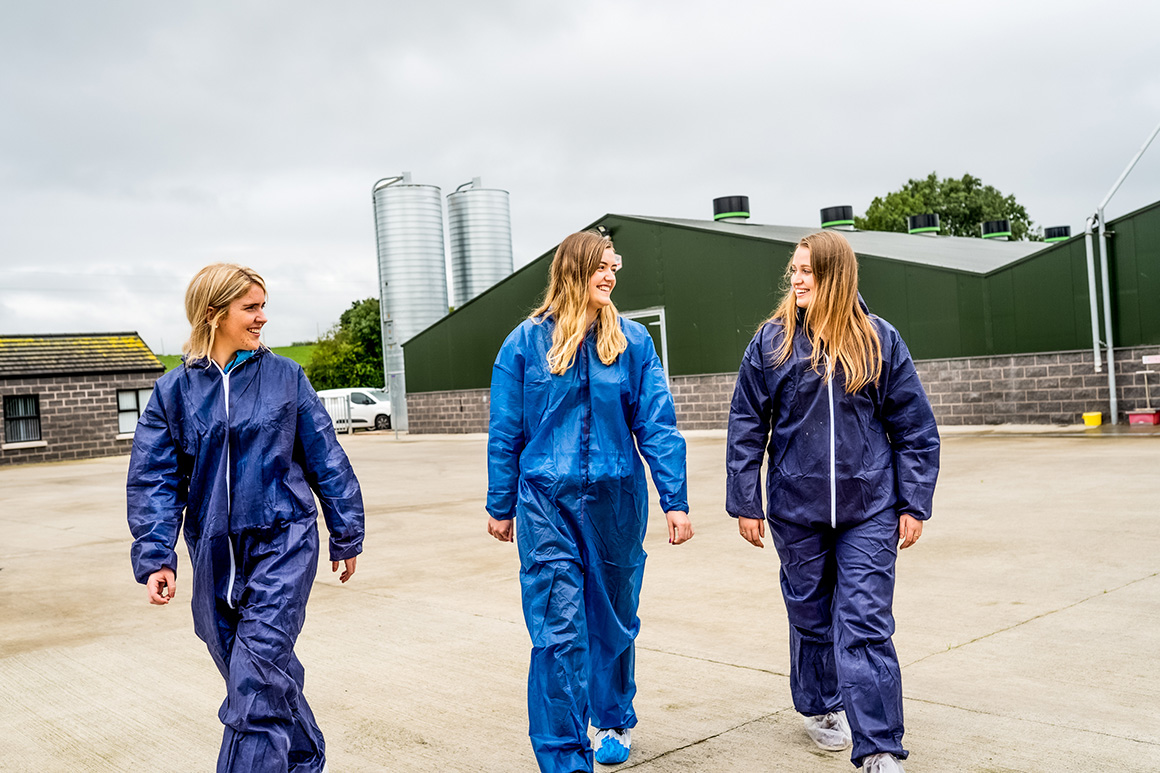Our Supplier Partners

Whether they are a small family farmer who raises livestock or a large multinational company that produces goods and materials – our supplier partners play a fundamental and crucial role in ensuring the sustainability of our value chain.
We understand that our responsibility spans beyond production under our direct control and that we must collaborate with our supplier partners to improve the overall sustainability of our supply chain. That is why we have developed a series of actions to cultivate stronger supplier relationships based on trust, respect, ethics, and transparency.
We work alongside our suppliers as business partners, providing both technical and management support. Supported by continuous two-way communication, our supplier relationships are guided by our Code of Conduct for Business Associates, which provides guidelines to ensure suppliers are at all times aligned with JBS standards, including those on human rights and compliance with local and national laws.
We evaluate all potential suppliers based on several criteria, including compliance, commercial offering, supply flexibility and responsiveness, service, risk management, quality, price, reliability, financial capability, reputation, and experience. We also recognize that sourcing products, ingredients, and services from within our communities helps further support local economies.
Environmental and social impacts differ for each of our unique suppliers based on the region in which they operate and the material they manufacture, the species of animal they raise, or the service they provide. Our ability to directly affect these impacts is often outside of our immediate control; however, we are striving to partner with suppliers who share our values and mission to achieve a more sustainable food supply.

Supplier Profile
Globally, we work with nearly 100,000 suppliers – more than 50,000 who produce the livestock, poultry, and aquaculture we process in our facilities, and more than 40,000 who provide feed, services, and materials.
| Cattle | Hogs | Poultry | Lamb/Smallstock | Fish | Feed | Other | |
| JBS Global | 33,280 | 4,559 | 9,878 | 2,326 | 7 | 2,938 | 40,484 |
| Australia | 11,616 | 90 | N/A | 2,322 | 3 | 353 | - |
| Brazil | N/A* | 2,994 | 6,045 | - | - | 904 | 24,060 |
| Canada | 18,000 | - | - | - | - | - | 495 |
| Europe | 52 | 17 | 27 | 4 | 4 | - | 5,597 |
| Mexico | - | - | 25 | - | - | 52 | 2,041 |
| United States | 3,612 | 1,458 | 3,781 | - | - | 1,629 | 8,291 |
Supplier Program Requirements
At JBS, we serve a broad customer base that requires diverse types of products. To fulfill these requests, we have multiple branded programs that have varying requirements and certifications to meet our compliance standards.
Please visit our website for more information.
